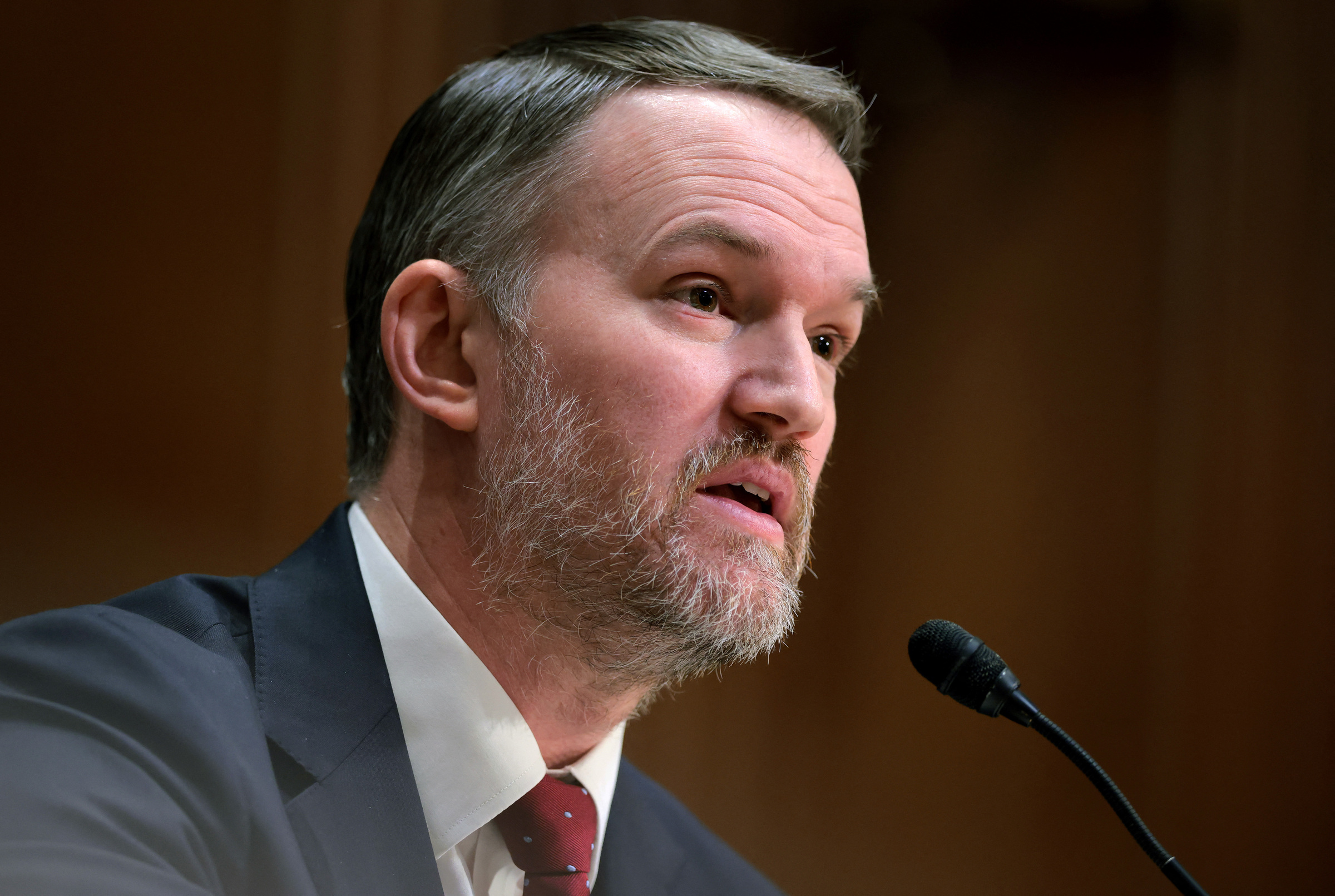Greer opened a meeting with economic ministers from the 10 ASEAN nations on 24/9 by stating that discussions with Southeast Asian countries are progressing well. He indicated that several agreements will be finalized "in the next few months, or even weeks."
"We believe there are many areas where we have mutual interests, and both sides can work together to achieve a common goal of reciprocity and balance in global trade," he said.
This announcement comes amid analyst concerns about the impact of import tariffs imposed by US President Donald Trump in recent months. This was Greer's first meeting with ASEAN nations. Many members of the bloc have initiated trade talks with the US following the tariff increases.
 |
US Trade Representative Jamieson Greer testifies before the Senate Finance Committee on 8/4. Photo: AFP |
US Trade Representative Jamieson Greer testifies before the Senate Finance Committee on 8/4. Photo: AFP
Currently, only Indonesia and Vietnam have trade agreements with the US, with tariffs at 19% and 20% respectively. These are also common rates within Southeast Asia. Laos and Myanmar face the highest tariffs at 40%, while Singapore's rate is 10%.
However, the bloc may be forced to take a more unified stance against the threat of high US sector-specific tariffs, for example, on semiconductors. This sector is a major contributor to economies like Thailand, Malaysia, and Vietnam.
Last month, President Trump said he would impose tariffs of approximately 100% on semiconductors imported into the US. This would not apply to companies currently manufacturing in the US or those that commit to relocating production there.
Since taking office earlier this year, the US president has repeatedly announced import tariffs aimed at reducing the trade deficit. He has imposed tariffs on most trading partners and announced separate tariffs on sectors like aluminum, steel, automobiles, and auto parts. However, the future of most of these policies rests with the US Supreme Court, following rulings by two lower courts that deemed them unlawful.
Ha Thu (Reuters)












